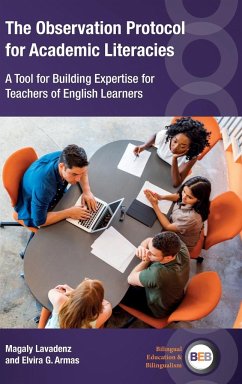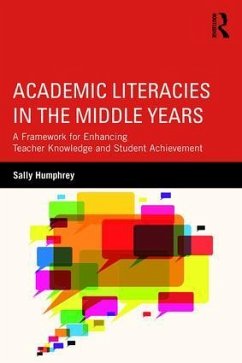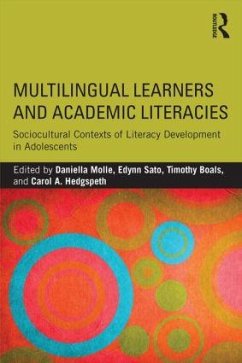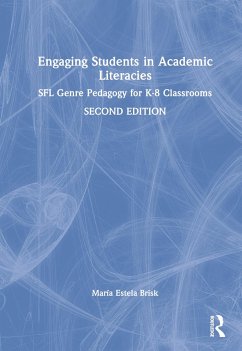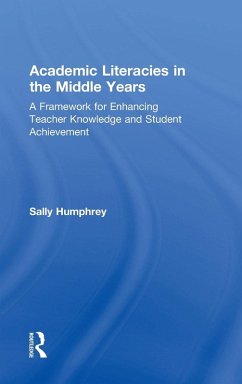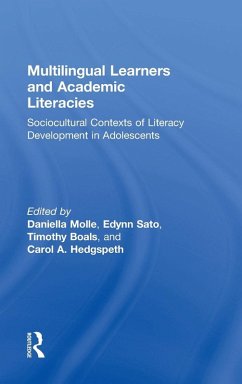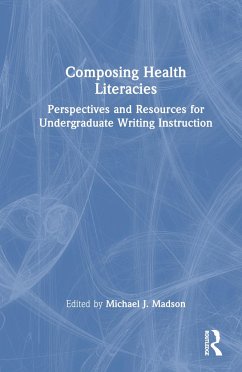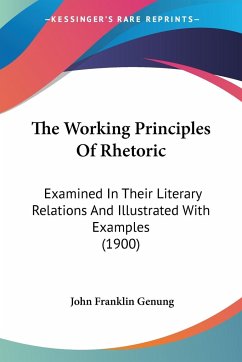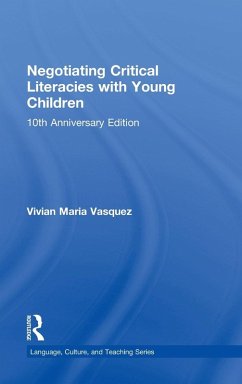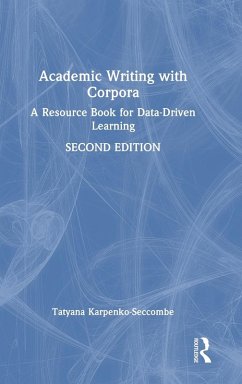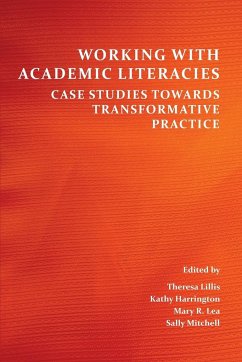
Working with Academic Literacies
Case Studies Towards Transformative Practice
Herausgeber: Lillis, Theresa; Lea, Mary R.; Harrington, Kathy
Versandkostenfrei!
Versandfertig in 1-2 Wochen
41,99 €
inkl. MwSt.
Weitere Ausgaben:

PAYBACK Punkte
21 °P sammeln!
PERSPECTIVES ON WRITING SERIES Edited by SUSAN H. MCLEOD and RICH RICE The editors and contributors to this collection explore what it means to adopt an "academic literacies" approach in policy and pedagogy. Transformative practice is illustrated through case studies and critical commentaries from teacher-researchers working in a range of higher education contexts-from undergraduate to postgraduate levels, across disciplines, and spanning geopolitical regions including Australia, Brazil, Canada, Cataluña, Finland, France, Ireland, Portugal, South Africa, the United Kingdom, and the United...
PERSPECTIVES ON WRITING SERIES Edited by SUSAN H. MCLEOD and RICH RICE The editors and contributors to this collection explore what it means to adopt an "academic literacies" approach in policy and pedagogy. Transformative practice is illustrated through case studies and critical commentaries from teacher-researchers working in a range of higher education contexts-from undergraduate to postgraduate levels, across disciplines, and spanning geopolitical regions including Australia, Brazil, Canada, Cataluña, Finland, France, Ireland, Portugal, South Africa, the United Kingdom, and the United States. Key questions addressed include: How can a wider range of semiotic resources and technologies fruitfully serve academic meaning and knowledge making? What kinds of writing spaces do we need and how can these be facilitated? How can theory and practice from "Academic Literacies" be used to open up debate about writing pedagogy at institutional and policy levels? ABOUT THE EDITORS: THERESA LILLIS is Professor of English Language and Applied Linguistics at The Open University, UK. She has authored several books, including The Sociolinguistics of Writing (2013). KATHY HARRINGTON is Principal Lecturer in Educational Development at London Metropolitan University. She is co-author (with Mick Healey and Abbi Flint) of Engagement through Partnership: Students as Partners in Learning and Teaching in Higher Education (2014). MARY LEA is an Honorary Associate Reader in Academic and Digital Literacies at the Open University, UK. Her recent work considers the relationship of the digital to knowledge making practices in the university. SALLY MITCHELL is Head of Learning Development at Queen Mary University of London, where she established "Thinking Writing," a strand of development activity to support academic staff in the uses of writing in their disciplines and their teaching.




